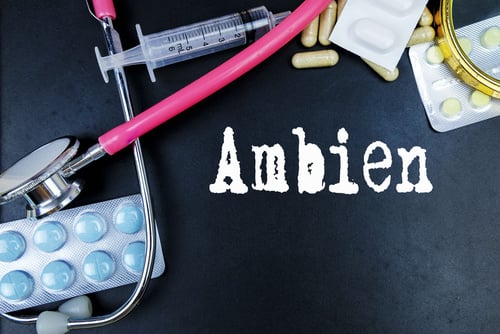What’s The Difference Between Inpatient And Outpatient Treatment?
While for centuries there was a stigma associated with individuals that struggled with substance abuse and/ or addiction, and nowadays that stigma is nearly nonexistent. As such, there are a wide variety of different types of substance abuse and/ or addiction treatment programs. They are most commonly categorized between the two types of treatment program format, which are inpatient treatment programs and outpatient treatment programs. There are several differences between the two types of treatment options. Both inpatient treatment programs and outpatient treatment programs have the same overall goal: to support an individual on her path of recovery. Additionally, within both types of treatment programs, there are various specialization treatment programs available to those in need.
Inpatient Treatment
Individuals that struggle with severe addiction may consider attending an inpatient treatment program. An inpatient treatment program will require an individual to reside at the treatment facility for the duration of the program. This enables a fully immersive treatment experience. By nature, inpatient treatment programs remove an individual from his or her familiar surroundings, which can also reduce the potential presence of certain triggers. The cost of residing at a treatment facility, which includes room and board, can also lead to a more financially expensive treatment experience. Inpatient treatment programs will have clear schedules and facility rules with which their participants must abide.
Every inpatient treatment program will be slightly different, as is true for the specific needs of each participant. Most inpatient treatment programs will create tailored treatment plans for each of its residents. In addition to the array of therapeutic modalities offered, many inpatient treatment programs will include techniques such as group therapy, creative arts therapies, as well as place emphasis on healthy daily living choices. Integrating a nutritious diet, engaging in regular exercise and encouraging a consistent practice of self-care methods are all encouraged in an inpatient treatment program. Developing an aftercare plan is an important part of inpatient treatment programs. Aftercare plans help an individual plan for potential challenges that may arise once she has completed the program and is living offsite. They can be integral to relapse prevention. Inpatient treatment programs can last between twenty-one days to three months long, and in some cases longer.
Outpatient Treatment
Outpatient programs are a bit more flexible than inpatient programs. Outpatient programs will set clear rules for its participants that must be honored to remain in the program. Unlike inpatient programs, once a participant leaves the program site for the day, she is no longer under supervision. The potential triggers that may present from remaining at home can be an additional challenge for individuals participating in a treatment program that is structured as an outpatient program as opposed to inpatient programs. Outpatient programs may be held in clinics, hospitals, or other settings, and unlike inpatient programs, participants do not reside at the facility. Outpatient programs are usually less expensive than inpatient treatment programs. They will require an individual to participate in a certain number of predetermined program hours, daily, for the duration of the treatment program.
Outpatient treatment programs can be an excellent option for individuals that are unable to reside away from home for any length of time. Much like inpatient treatment programs, many outpatient programs will offer customized treatment plans for each of its residents. They are also equipped with clinicians that can provide different therapeutic methods, depending on the needs of the individual. Although outpatient treatment programs will encourage its participants to integrate healthy daily practices (i.e. nutritious diets, ample sleep, regular exercise…etc.), this aspect of recovery is less emphasized in outpatient programs than it is in inpatient programs. Much like inpatient treatment programs, many outpatient programs will develop unique aftercare plans for each of its residents. Similarly, these aftercare plans are integral to the continued success of the individual, post the completion of her outpatient treatment program.
For Information and Support
Substance abuse and addiction can be incredibly dangerous, and can result in severe short and long-term consequences. If you or someone you know is suffering from substance abuse or addiction, please get help as soon as possible. The earlier you seek support, the sooner you and your loved ones can return to leading happy, healthy and fulfilling lives. There is no reason to go through this alone, and we are here to help. Please feel free to reach out to us for further information or with any questions regarding substance abuse or addiction. We are available anytime via telephone at: 213-389-9964, or you can always email us at: info@friendlyhousela.org.



